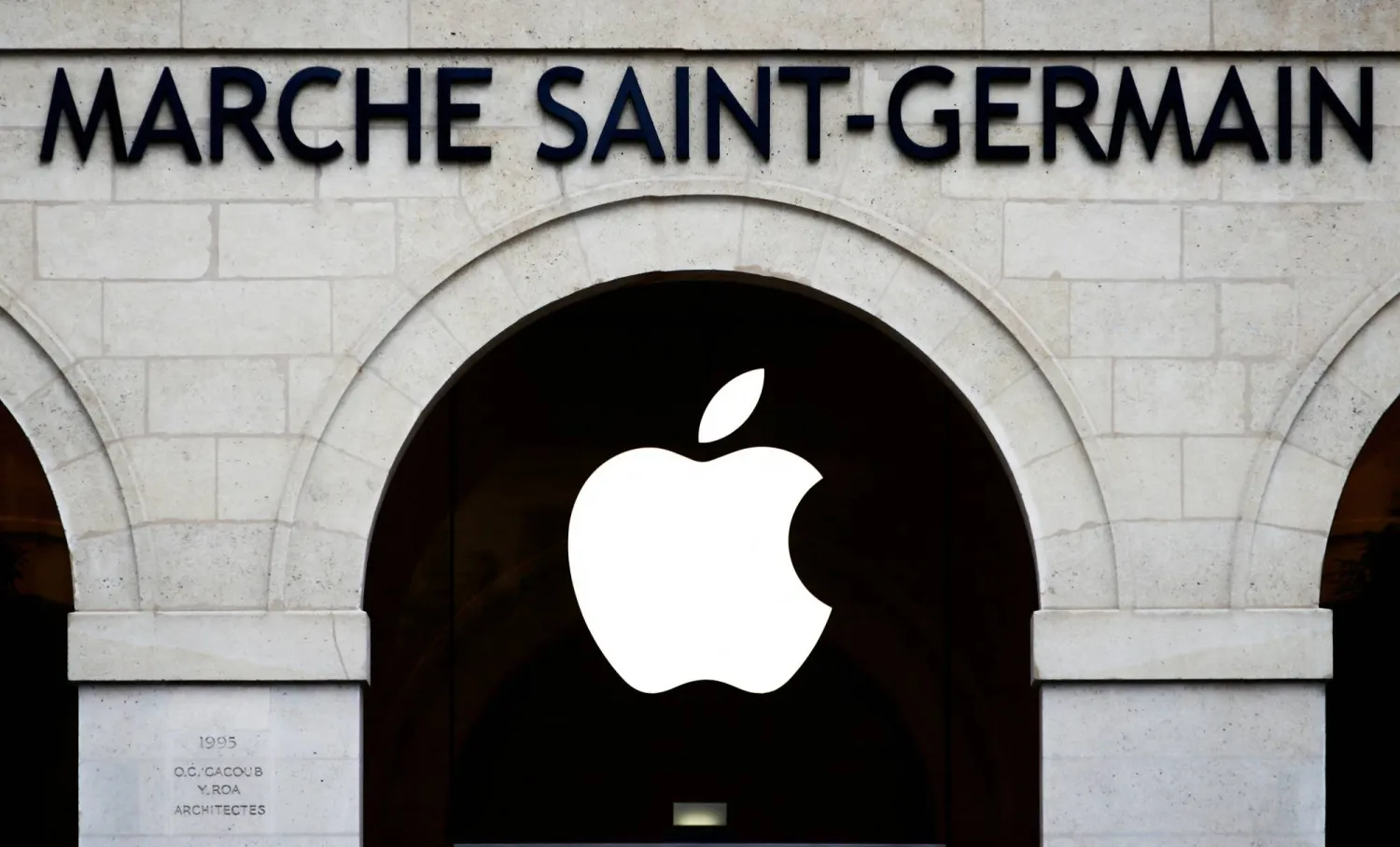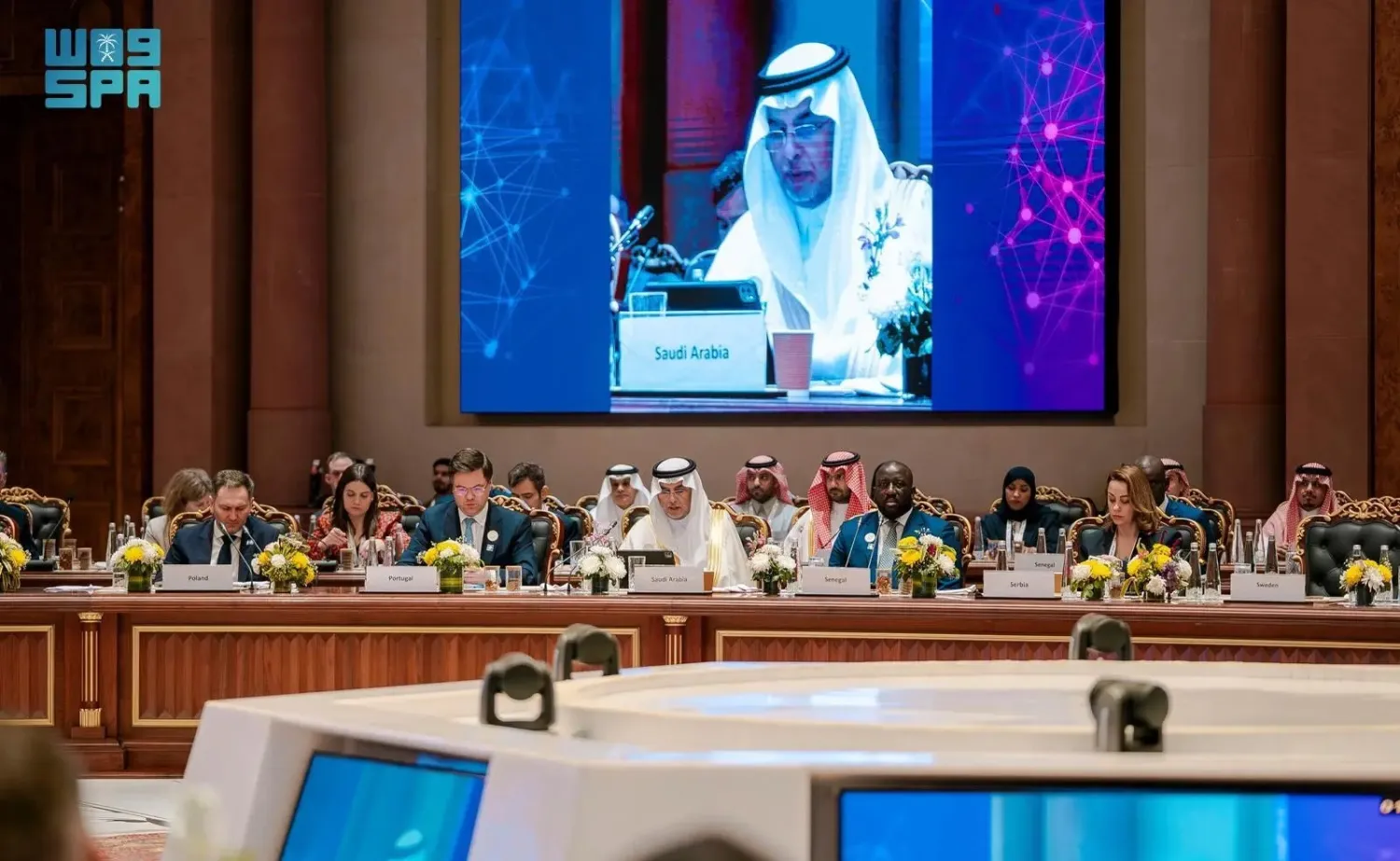Facebook parent Meta Platforms has discussed integrating its generative AI model into Apple's recently announced AI system for iPhones, the Wall Street Journal reported on Sunday.
AI startup Anthropic has been in discussions with Apple to bring its generative AI to Apple Intelligence, the Journal reported, citing people familiar with the matter.
Apple, Meta, and Anthropic did not respond immediately to requests for comment outside business hours.
The discussions have not been finalized and could fall through, the Journal reported, adding that deals with Apple would help AI companies to obtain a wider distribution of their products.
The size of potential financial windfall is unclear, but the talks involved AI companies selling premium subscriptions to their services through Apple Intelligence, the report said.
AI search startup Perplexity has also been in discussions with Apple about bringing its generative AI technology to Apple Intelligence, a source familiar with the matter told Reuters.
The iPhone maker announced long-awaited AI strategy this month, saying it would integrate new Apple Intelligence technology across its suite of apps, including Siri, and bring Microsoft-backed OpenAI chatbot ChatGPT to its devices.









